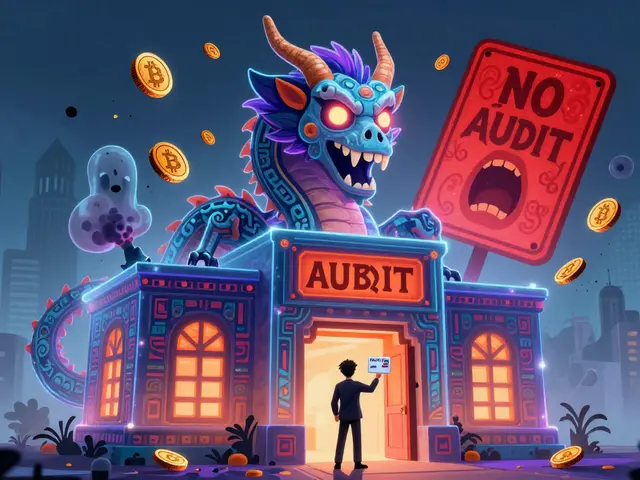Privacy Coins Ban: What Happened and What It Means for Crypto Users
When you hear privacy coins ban, a term referring to government actions that restrict cryptocurrencies designed to obscure transaction details. Also known as crypto anonymity restrictions, it’s not about banning coins like Monero or Zcash outright—it’s about shutting down the tools that make them private. The real target? Crypto mixers, especially Tornado Cash, a decentralized tool that blended transactions to hide sender and receiver identities. This wasn’t just another crypto project—it was the most widely used privacy layer on Ethereum. In 2022, the U.S. Treasury’s OFAC sanctioned Tornado Cash, calling it a money laundering tool. But here’s the twist: a court later ruled that sanction was illegal because it punished software, not people. Still, the damage was done. Exchanges pulled support. Wallets blocked it. Developers got scared. And now, even talking about privacy tools can raise red flags.
Why does this matter to you? Because crypto privacy, the right to control who sees your transaction history. Also known as financial confidentiality, it’s not just for criminals—it’s for journalists in repressive regimes, small businesses avoiding competitor snooping, and everyday users who don’t want their spending habits tracked by exchanges or governments. When privacy tools are outlawed, you don’t get anonymity—you get surveillance. Every swap, every transfer, every deposit becomes a public record. That’s not security. That’s exposure. And while regulators claim they’re fighting crime, the real effect is pushing privacy into the shadows, where only the most reckless or desperate still use it.
What’s left now? Some projects quietly built alternatives, but most are either dead or too risky to mention. You won’t find a simple, safe mixer anymore. The ones still running? They’re often scams pretending to be privacy tools. The real lesson? If you care about keeping your crypto activity private, you need to understand how it works—not just what’s banned. You need to know how wallets track your history, how exchanges report your data, and how to minimize your digital footprint. That’s what this collection is for. Below, you’ll find real reviews, legal breakdowns, and deep dives into what happened to Tornado Cash, how governments are targeting privacy, and what you can actually do to protect yourself without breaking the law.










